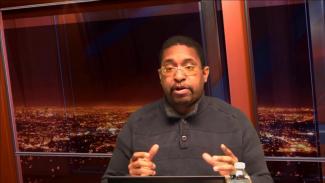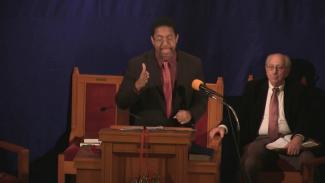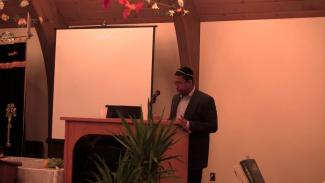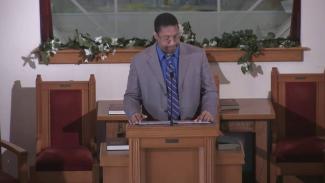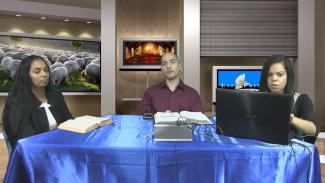Does God care when we're at our lowest point? Can we ever do so much wrong or mess up so bad that God can't forgive us? When God forgives do our actions still have consequences? Is it a sign of weakness to admit when you're wrong? Pastor Mirra follows the story of Manasseh which has much to say to hearts too proud to repent, even when they are brought to really low places in life.



